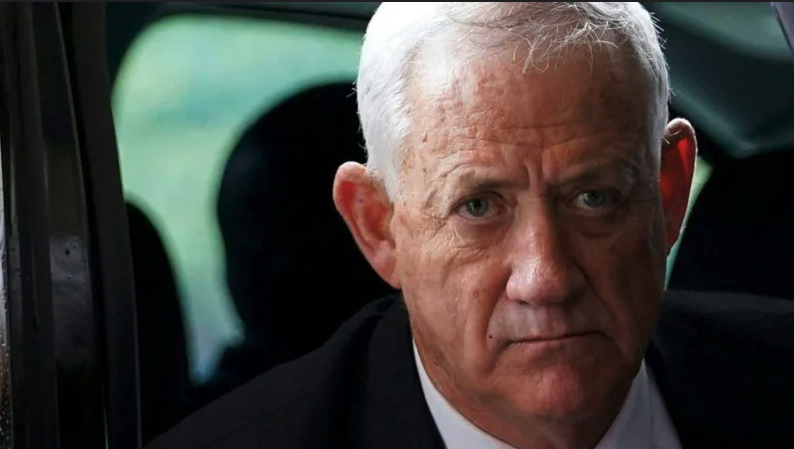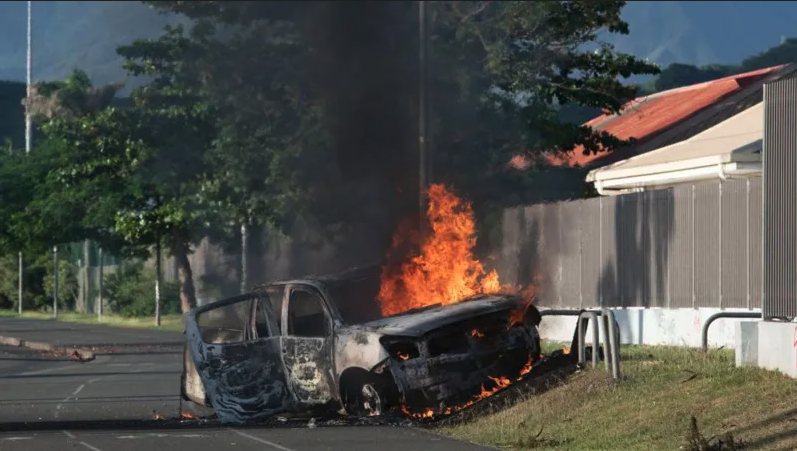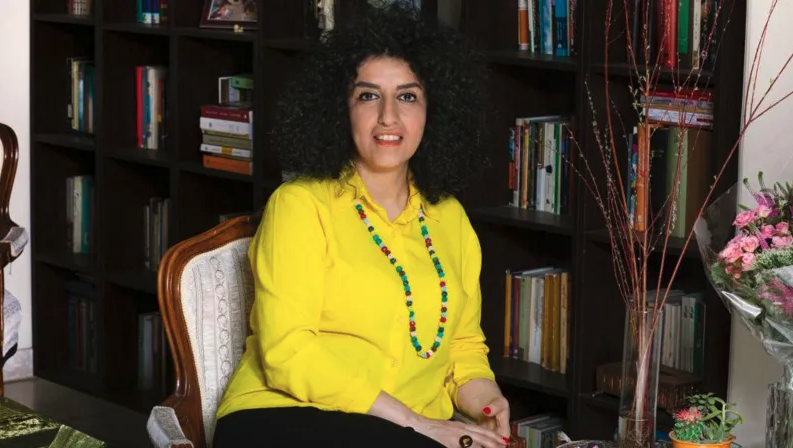As the Russia-Africa Summit approaches, Landless People’s Movement leader Bernardus Swartbooi has raised a note of caution to the Namibian parliamentarians preparing to attend the high-level event.
Swartbooi warned about the deteriorating security and political situation in Russia ahead of the summit scheduled for the end of this month.
Russia is at war with Ukraine since February last year and has entered into its second year, with missiles reaching the Russian soil.
The Russia-Africa Summit will be held at the back of accusations by Russia’s top diplomat Sergei Lavrov that the United States and “its vassals” are trying to sabotage it in order to isolate Moscow.
However, this has not stopped Swartbooi from asking the international relations and cooperation minister, Netumbo Nandi-Ndaitwah, whether it was safe to proceed with the summit.
“Given the deteriorating security and political situation in Russia, which could also be ascribed to the Wagner group, would it be safe for such a meeting to be attended by our elected officials?” Swartbooi asked.
The opposition lawmaker also asked Nandi-Ndaitwah what Namibia’s position is on the Wagner group.
He has given notice in the National Assembly that he will seek answers from the minister concerning the mercenaries he said are terrorising many Africans.
Writing for The Washington Post, journalist Declan Walsh said the group is being “hired to fight in some of the continent’s most intractable conflicts”.
“Do we regard the Wagner Group as a terror group or as a progressive group? Do we endorse the actions of this group which represents the Russian state? And by extension, do we embrace the actions of the Russian Federation through the activities of the Wagner Group?
“Has Namibia ever raised concerns about the violence that is being perpetrated by the Wagner Group on behalf of the Russian Federation at the African Union or at the SADC (Southern African Development Community) organ on security and defence forum?” Swartbooi asked.
The opposition member of parliament said his questions are in light of the terrorism bills Namibia is seeking to pass into law at breakneck speed.
He said this is being done at the behest of outside powers “influencing and directing us to do so”.
Although the African Union has not publicly commented on the activities of the Wagner Group on the continent, some African states have welcomed it.
A delegation led by South Africa’s president, Cyril Ramaphosa, to both Moscow and Kyiv has not been publicly vocal about Africa’s stance regarding the private company in the Ukrainian showdown.
Ramaphosa, however, indirectly mentioned the group in a recent weekly newsletter in which he expressed concerns over instability in the Sahel region.
“The involvement of foreign fighters, armed groups and mercenaries in African conflicts, as well as the rise of terrorism and violent extremism in Somalia, the Sahel region and northern Mozambique, also pose serious threats to the continent’s stability,” he said.
In Mali, Wagner forces have filled the vacuum left by French troops under Operation Barkhane, which pulled out of that country after the expulsion of the French ambassador.
Wagner is a private military company that is fighting alongside Russian forces in the ongoing Ukraine war and is also present in African countries like Mali, Sudan, Libya, Mozambique and the Central African Republic.
Walsh has described it as a “nebulous network that combines military force with commercial and strategic interests, now at the vanguard of Russia’s expanding ambitions in Africa”.
It has recently hogged international limelight after its leader, Yevgeny Prigozhin, called for the toppling of the Russian military brass, accusing them of undermining his work in Ukraine.
The widely covered fallout has been labelled as an attempt at rebellion against president Vladimir Putin.
The group stopped its march 200km towards Moscow only after the intervention of Belarusian president Aleksandr Lukashenko before Prigozhin went into exile.
Meantime, political scientists have submitted that “it is easy to understand what African rulers see in the mercenary group Wagner”. They have argued that its “fighters can be deployed quickly” and that the group “brings sophisticated arms with it and can apply force speedily and ruthlessly”.
Stay informed with The Namibian – your source for credible journalism. Get in-depth reporting and opinions for
only N$85 a month. Invest in journalism, invest in democracy –
Subscribe Now!






